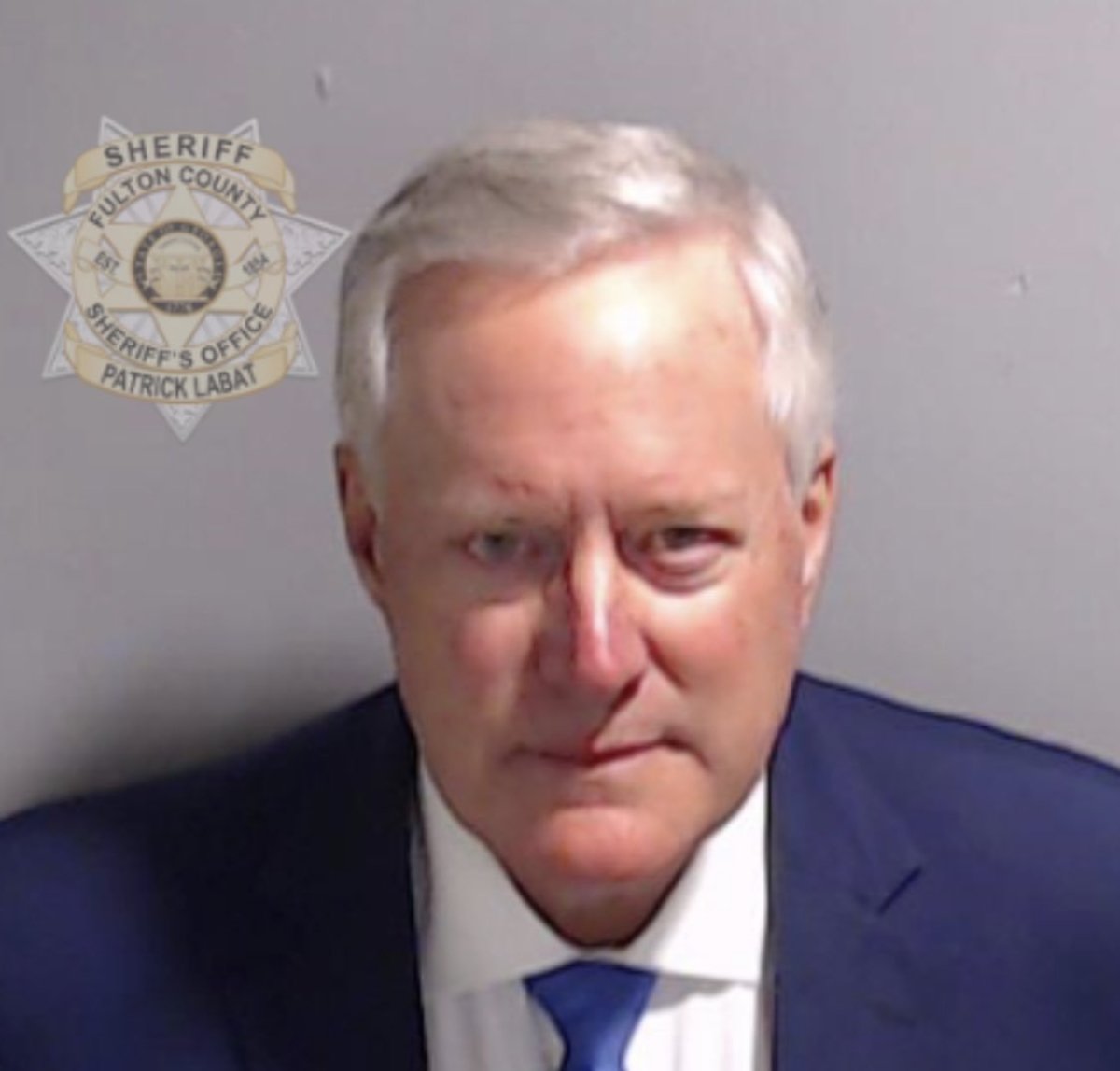09th September 2023.
Georgia, USA – In a significant legal setback for former White House chief of staff Mark Meadows and a potential indication of future challenges for former President Donald Trump and his co-defendants, a federal judge has rejected Meadows’ bid to move his Georgia criminal case to federal court.
US District Judge Steve Jones, appointed by Barack Obama, ruled on Friday that the charges against Meadows in the Fulton County district attorney’s indictment on election subversion charges were primarily “related to political activities” rather than his role as White House chief of staff. Judge Jones emphasized that the evidence overwhelmingly suggested that Meadows was not acting within the scope of his executive branch duties during most of the alleged acts outlined in the indictment.
Meadows, who has pleaded not guilty to the charges, had sought to move his case to federal court, arguing that the allegations were connected to his official duties as White House chief of staff. His legal team hoped to secure federal immunity protections that could potentially lead to the dismissal of the case.
The judge’s decision has broader implications for Trump and the 18 co-defendants in the sprawling racketeering case brought by the Fulton County district attorney. However, Judge Jones clarified that his ruling applied solely to Meadows and not to the other defendants. Meadows was among the first of five defendants to attempt to move their cases to federal court, and it’s expected that Trump may also pursue a similar course of action.
Meadows’ lawyers had contended that the case should be heard in federal court due to the federal immunity extended to individuals prosecuted or sued for actions tied to their roles in the US government. The judge’s decision may set a precedent for the other defendants seeking the same federal immunity protections, raising concerns for their legal strategies.
Importantly, Judge Jones stressed that his ruling did not pass judgment on the merits of Fulton County’s criminal case against Meadows, focusing solely on the jurisdictional question.
In his decision, Judge Jones noted that Meadows had not met the “quite low” threshold for removal to federal court, as his involvement in Trump’s campaign activities was outside the scope of his federal role as White House chief of staff. The judge highlighted that the duties of the White House Chief of Staff did not encompass working with or for a political campaign, with exceptions limited to coordinating the President’s schedule, accompanying the President to campaign events, and managing communication to the campaign.
Additionally, the Hatch Act, which prohibits federal officials from engaging in political activity as part of their official duties, played a role in defining the limits of the White House Chief of Staff’s authority, according to the judge.
Mark Meadows swiftly appealed the ruling to the US 11th Circuit Court of Appeals.
While the judge’s decision did not address the underlying criminal case against Meadows, it has far-reaching implications for the legal landscape surrounding the charges, raising questions about the use of federal immunity defenses in similar cases and setting the tone for upcoming legal battles.
















